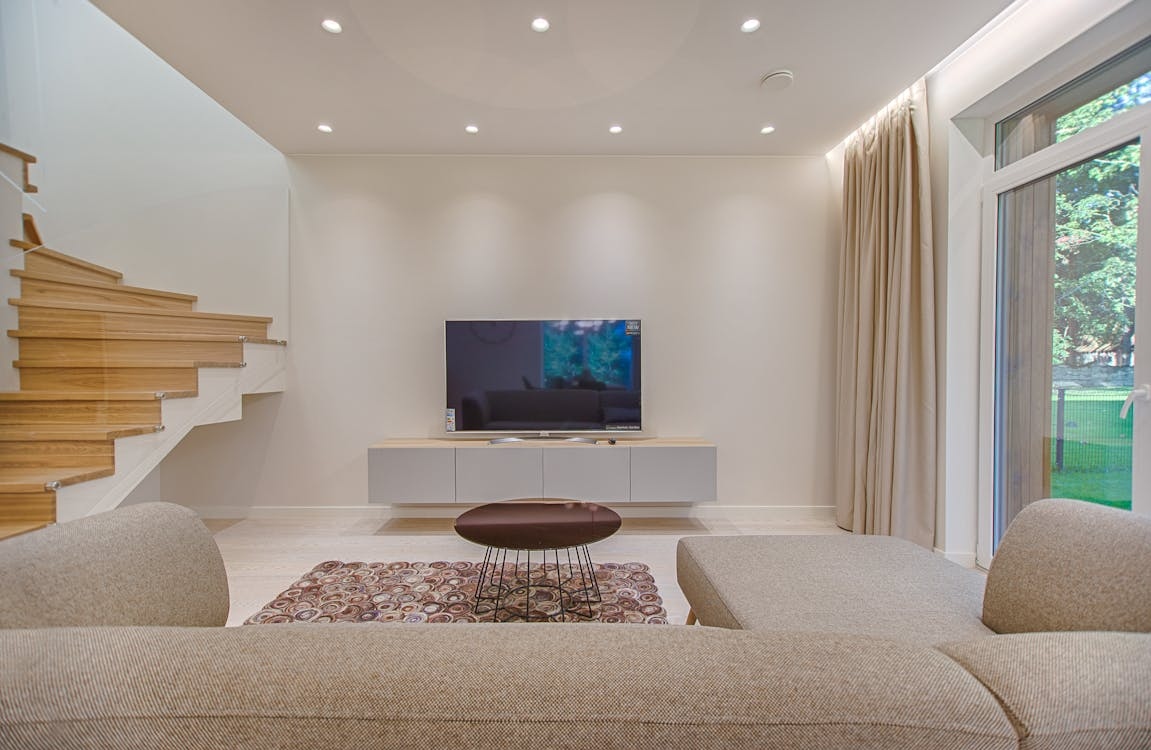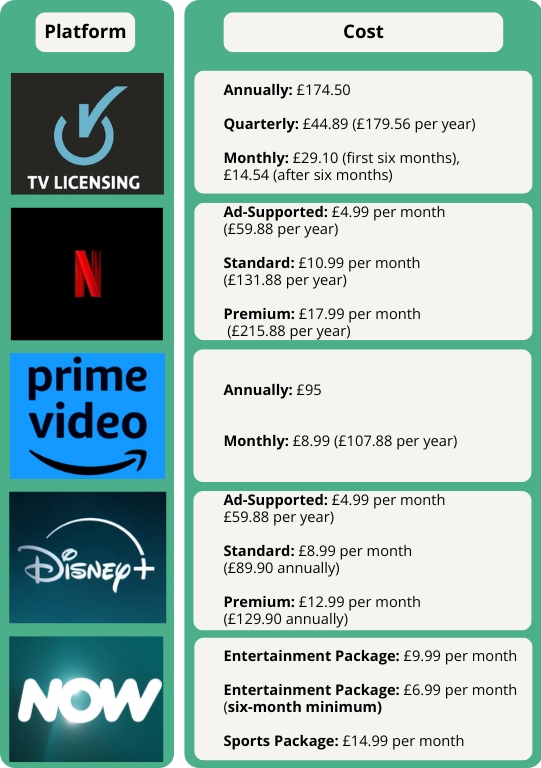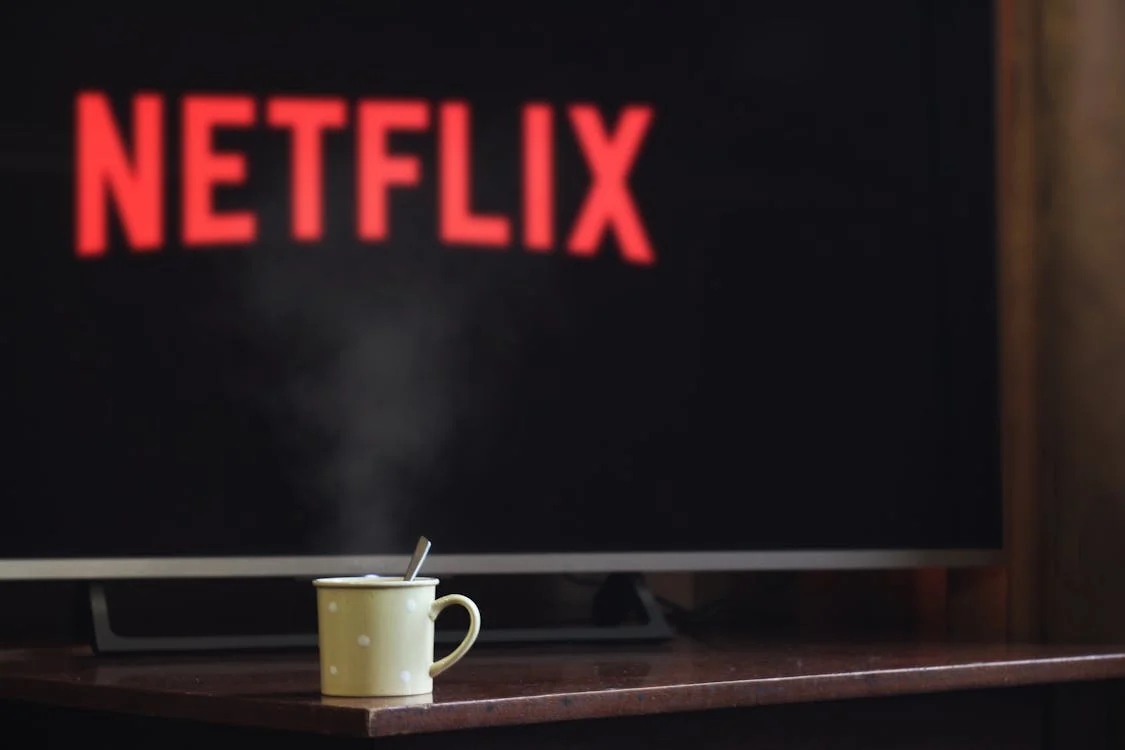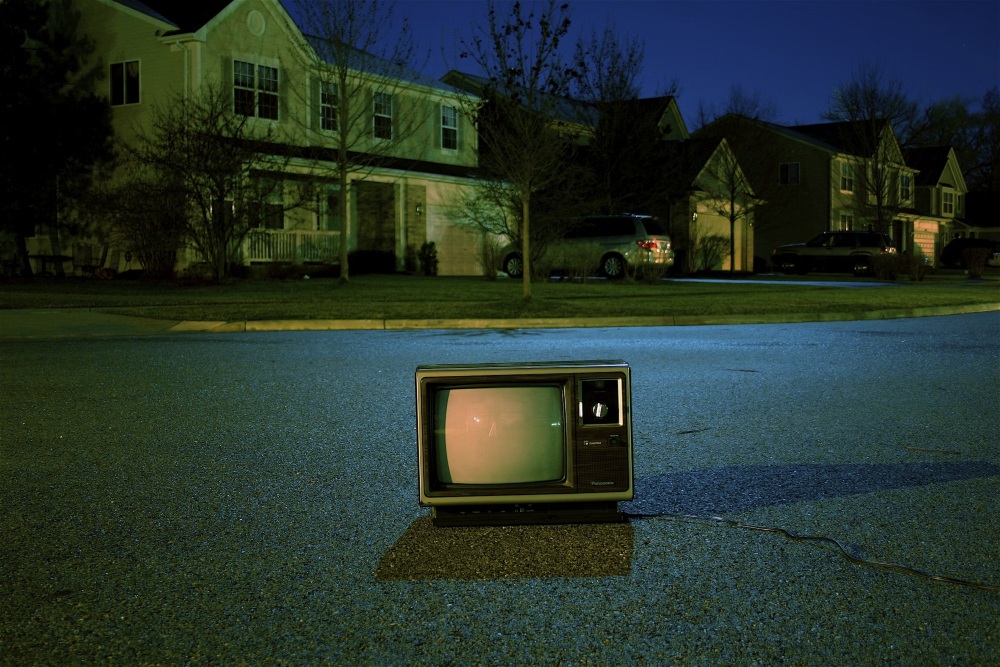It's not enough to just own a TV in the United Kingdom. As the government are all too happy to remind you, TV licences are a requirement to watch many types of content.
The penalties for watching TV – or the wrong type of television – without a TV licence can be severe. The fine goes up to £1,000. On top of that, there are legal costs to consider. Failure to pay can even result in jail time and a criminal record.
It’s especially confusing for people who’ve just been thrust into the world of living by themselves. Students in particular find themselves bombarded with letters about TV licences as soon as they settle into university accommodation.
Breaking the law is something to avoid at all costs. However, there’s more nuance to it than owning a TV and having to pay extra every year. The licence fee only applies to specific uses of your television. There's plenty you can do that you won't be charged for.
Much of the information from the TV Licensing authority is deliberately unclear and even intimidating. With the rules being complex and sometimes out of date, they'd rather people pay than not pay. Nonetheless, in a cost-of-living crisis, many of us want to cut unnecessary fees.
We’re going to spell out the rules in black and white and cut through the sheer mess of information out there about the law.
If you are watching live TV, then there's no getting around paying the costs. However, many households use their television for perfectly legal purposes that don't need a licence. Whether you're a student living on your own for the first time or a pensioner receiving TV Licensing letters, it's worth knowing what your options are.
Read on to find out if you can legally avoid paying the £174.50 TV licence fee. Even if you can't, there might be ways to save on it and use the money for something worthwhile.
What do I need a TV licence to watch?
The terms of a UK TV licence are deceptively simple. It appears to be quite narrow but has spiralled into a complex series of rules as technology has marched on.
In straightforward terms, you need to pay the licence fee if you watch live TV in the United Kingdom. This covers anything being shown on a television channel that you watch as it's being broadcast. Whether it's the news, an event being shown live, a repeat of an old show, or even a TV film on Christmas Day, you need to be licensed to watch.

This applies however you view live TV. Whether it's satellite, a Freeview box, YouTube, or an online streaming service, you cannot watch something that’s being broadcast at that moment on UK television.
BBC iPlayer is another notable exclusion. You cannot watch any TV show on BBC iPlayer unless you're in a household with a licence.
This doesn't just apply to television equipment. TV licensing rules also cover computers, games consoles, phones, smart TV services, and any other device capable of accessing content.
Did you know?
There are many myths about what makes a device 'not a TV' for legal purposes. One of the most common among students is that laptops don't count if they're not plugged into the wall. There are no such loopholes for any device you use to watch broadcast TV. Don't believe them.
What can I watch without a TV licence?
Once, broadcast TV was pretty much the only way to enjoy content in your own home. Time and technology have moved on since then. The future is now, and there are plenty of ways to enjoy content that don’t require a TV licence. It's perfectly legal to watch these without paying.
Streaming services
Streaming services like Netflix, Amazon Prime Video, Disney+, and other internet streaming services are yours to enjoy with no licence fee. You have total legal permission to watch programmes on them, including those originally broadcast on television.
Bear in mind that you need to pay for these services, however, and that this has become more expensive in recent years. This is also true of TV licences – with the price increasing by £5 already in 2025 alone.

Catch-up and on-demand services
You don't need to pay TV licence fees to watch the majority of catch-up and on-demand streaming services in the UK. This includes those tied to a UK TV channel, as long as you watch pre-recorded content.
Channel 4 (formerly 4OD), ITVX, Sky Go, U (showing U&Dave online), and any other UK on-demand TV services are fair game. This way, you can watch TV and keep up with most shows, just a little later than everyone else.
BBC iPlayer is the main online TV service you can't enjoy without a TV licence. This also doesn't cover shows that are live or shown on-demand at the same time as they are broadcast.
YouTube and video-sharing websites
Video-sharing sites, with YouTube being the most well-known, are also completely free under TV licence rules. You can watch YouTube via your smart TV, desktop computer, phone, tablet, or games console and be absolutely fine.
Similar to other services, this doesn't let you watch live TV programmes broadcast on YouTube. This applies most to news channels, which often display content simultaneously across platforms.
Other uses for a TV
Owning a television set has nothing to do with a TV licence. Any use for it other than watching broadcast TV is totally legal. Use your TV to watch DVDs and Blu-Ray, plug your games console into it, or use it as a monitor for your laptop. As long as you're not breaking the law any other way, this is fine.

Who doesn't need to pay for a TV licence?
Not all TV watchers are made equal. While the general UK population does need a licence to watch or record television, the government makes some allowances for certain groups. You can, if you belong to one of these groups, get a TV licence free or reduced in cost.
The groups who get a TV licence for free are:
- People over 75 who receive state pension credit
- People who live in residential care, if they are over 60 or have a disability
There is a reduced-cost TV licence for blind people or those with vision problems. If you are registered as severely sight-impaired, you only pay half the cost of your TV licence.
Similarly, it's actually cheaper to get a TV licence if you only own a black-and-white TV. It only costs £58.50, rather than the £174.50 for a colour TV licence. If you're vision-impaired and you own a black-and-white TV, it costs just £29.25 per year. This is difficult to take advantage of, however, due to the scarcity of such televisions.
Cost-saving tips if you watch TV
There are plenty of ways to enjoy content without having to buy a TV licence. However, there's plenty you can only see by watching TV, like recording live TV on channels that don't have catch-up or watching BBC programmes.
It may seem an obvious tip, but one of the best ways to save is by not paying the licence fee if you don't need to. TV Licensing often send intimidating letters threatening investigation.
This happens even if all you've done is move house or not reply to them. Use the tips in this guide to learn if you don't need a TV licence and inform them of that fact, rather than paying unnecessarily.
Note: Whether you have a valid TV licence or not, you never need to give investigators access to your home. They have no special powers to force entry or punish you for saying no. If you feel uncomfortable or want to protect your privacy, you can refuse to let them in.
There are still ways you can enjoy everything television has to offer while paying as little as possible:

TV licence FAQs
There's a lot of information out there about TV licences. Even with a guide like this, it's easy to get confused. To help, we've put together some of the most common questions people grapple with about television licence law.
Do I need a TV licence to watch Netflix?
No! You can watch pre-recorded television programmes on Netflix without a licence. All you need is a Netflix subscription and a device to watch it on.
Do I need a TV licence to watch Amazon Prime?
No. TV on streaming services, including Amazon Prime Video, doesn't come under TV licence cover. All you need is your subscription and you can watch any pre-recorded material on Amazon.
Do I need a TV licence to watch YouTube?
You can watch most videos on YouTube without a TV licence. However, programmes shown at the same time on YouTube and television, such as live news feeds, do require one.
When do I need a TV licence?
You need a TV licence if you're living in a house that doesn't have one and want to watch broadcast television or BBC iPlayer. This often happens to new students in university or people moving into their first home away from family.
It gets more complicated when many people live together. In a standard household, a single TV licence is enough to cover the entire house. You can split the cost between several people. If several people live in separate accommodation in the same building, such as in student halls or an HMO, each tenant needs their own TV licence.
Do I need a TV licence to watch ITVX?
You don't need a TV licence to watch pre-recorded or catch-up content on ITVX. If something is being broadcast and streamed on ITVX simultaneously, it is illegal to watch without a TV licence.
Do I need a TV licence if I don't watch BBC?
Yes, if you watch broadcast television. Even though the licence fee funds the BBC, the law applies to all TV channels, even if you exclusively stick to Channel 4, ITV, Dave, and others.
Licence to chill
Don't be scared or browbeaten into paying money you don't need to pay. The BBC is a beloved national institution, but that shouldn't come at the cost of your wallet.
There are more alternatives than ever these days, many of which cost less than a TV licence with as much variety. If your tastes let you get by with streaming, YouTube, and catch-up, then it's the perfect way to save money in what, for many people, are difficult times.
If you do want to see what's on TV, try and save money anywhere you can. Whether that's finding other ways to (legally!) view programmes or taking advantage of the discounts you're entitled to, you can knock the expensive fee down significantly.
There are other ways to save on TV and entertainment. Check out our guide to cinema savings or TopCashback's exclusive cashback offers on TV deals. Money back in your account is ideal, however you get it. Don't miss out!
Do you think the TV licence is good value for money? Have you had an experience, positive or negative, with TV Licensing? Let us know in the comments!

 Get £15 cashback for joining TopCashback
Get £15 cashback for joining TopCashback